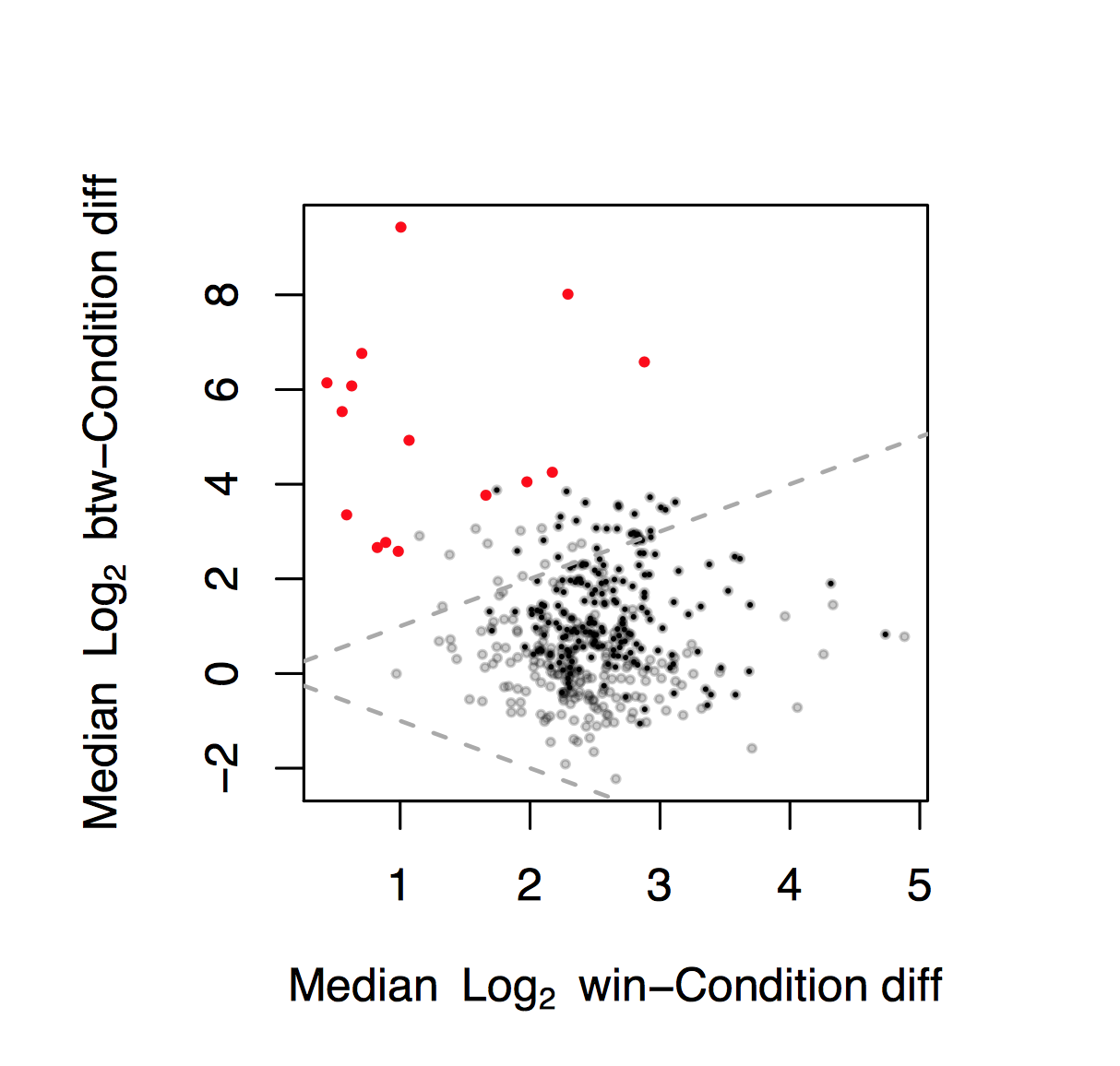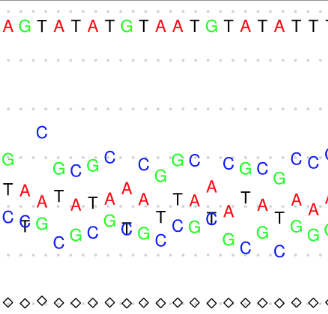Greg Gloor, PhD
Professor, Department of Biochemistry at The University of Western Ontario

I have experience in both wet-lab and computational biology, ranging from bacteriophage molecular biology to Drosophila genetics to bacterial genomics and computational biology. We investigate and characterize the functional makeup of complex microbial systems using high-throughput sequencing and other approaches. I am trying to alter the perception that sequencing is counting. We want experimentalists to understand that sequencing is a probabilistic sample of the underlying environment, and that the resulting data can be manipulated using the methods developed for compositional data analysis.
This page contains a few important links, and some descriptions of current projects.
High throughput sequencing data is compositional by default, and should be analyzed as such. The below repositories and selections contain presentations and worked examples.
ALDEx2
We developed and maintain the ALDEx2 package which uses the principles of Compositional Data analysis coupled with Bayesian inference to determine differential abundance between groups for transcriptome and microbiome datasets: Fernandes et al, 2013, Fernandes et al, 2014.

CoDaSeq
CoDaSeq is a suite of R functions for compositional analysis of high throughput sequencing.

In-line barcodes and workflow for 16S rRNA gene sequencing
We developed an inline combinatorial barcoding system for the Illumina HiSeq and MiSeq platforms. The below repository contains protocols and software. (Gloor et al, 2010)




